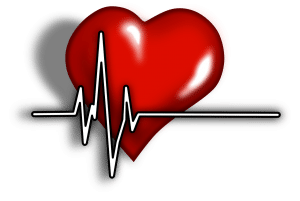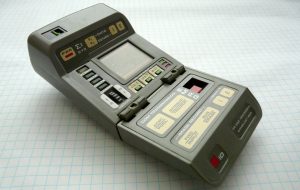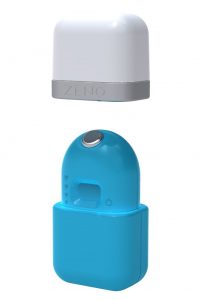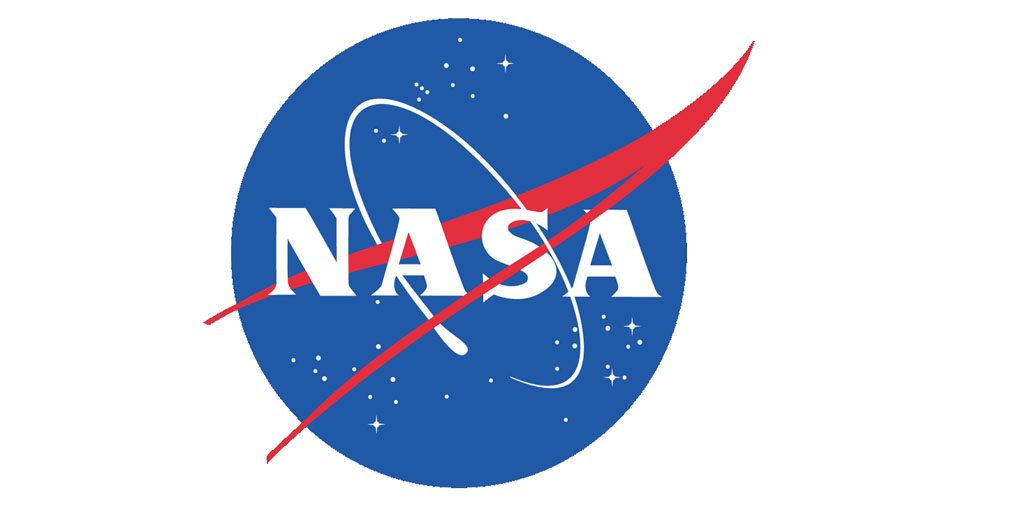
There seems to always be an ongoing argument about whether the international space programs are doing their citizens enough good to justify the high costs involved in sending men, women, and tech into outer space. Many arguments are valid on both sides of this debate, but I find only one argument to be the clear winner: the tech created to improve space exploration and education changes our world permanently. Geeks, soldiers, doctors, scientists, even farmers, are all benefiting from this research every day. Here are my top 7 ways that happens.

Global Positioning System (GPS):
Millions, perhaps billions of people use GPS in some way every day. Not only does the GPS network allow personal vehicle navigation, it also provides tracking and reporting tools for world-wide travel. GPS services allow rescue teams to find damaged ships, planes, and other vehicles, saving lives every day.

Cardiovascular illness testing and risk management:
One third of American deaths are a result of cardiovascular diseases. That’s 2,200 deaths every day. NASA’s research spurred the development of a revolutionary ultrasound tool to identify cardiovascular illnesses. These tools are used in all 50 states, and in many countries.

(CC BY-SA 2.0)
The real-life Tricorder:
In order to track the health of astronauts while in orbit, the Glenn Research Center funded the development of a handheld device that can analyze blood cell counts and identify other medical biomarkers. This technology may one day be the solution for providing more affordable healthcare to communities which cannot support local laboratories.
![By U.S. Navy Travis K. Mendoza [Public domain]](https://149455152.v2.pressablecdn.com/wp-content/uploads/2015/08/By-U.S.-Navy-photo-by-Mass-Communication-Specialist-3rd-Class-Travis-K.-Mendoza-Public-domain-via-Wikimedia-Commons.jpg)
The Marshall Space Flight Center and FAB/CAM worked together to make a new foam system called MARCORE which has changed the way that prosthetics molds are tooled, and is also a molding agent with 0% ozone depletion potential. Compared to older foams and plastics used, the costs economically and ecologically have been dramatically improved, making prosthetics better and more readily available.

Zeno– The handheld Acne treatment device:
The Johnson Space Center was able to provide engineering support critical to the design of products such as Zeno, the handheld acne treatment device. These devices heat the skin, killing bacteria and reducing the appearance of blemishes. Zeno was named the SATOP Texas Success Story of the Year in 2006. Variants of this device are also used to treat herpetic lesions, including cold sores.

SunDanzer’s solar-powered vaccine refrigerator:
Former Johnson Space Center Engineer David Bergeron was a refrigeration technologist, and, when he left, he started the SunDazer Refrigeration Inc., a company that produces battery-free refrigerators which allow remote areas around the world to safely store vaccines. If the idea of vaccines turns you off, I beg you to hear what GeekDad has to say on the matter.
![By NASA/GSFC/METI/ERSDAC/JAROS, and U.S./Japan ASTER Science Team [Public domain]](https://149455152.v2.pressablecdn.com/wp-content/uploads/2015/08/638px-Crops_Kansas_AST_20010624_straightened-300x282.jpg)
Satellite and airplane data is collected and distributed to dozens of North American farmers who use it to make the best choices for their growing seasons. This information can help them improve the quality of their crops, while reducing their need for chemical use.
If that’s not enough for you, feel free to visit Spinoff, a NASA database which goes over the thousands of technologies spurred into existence via NASA’s research centers and engineers.




